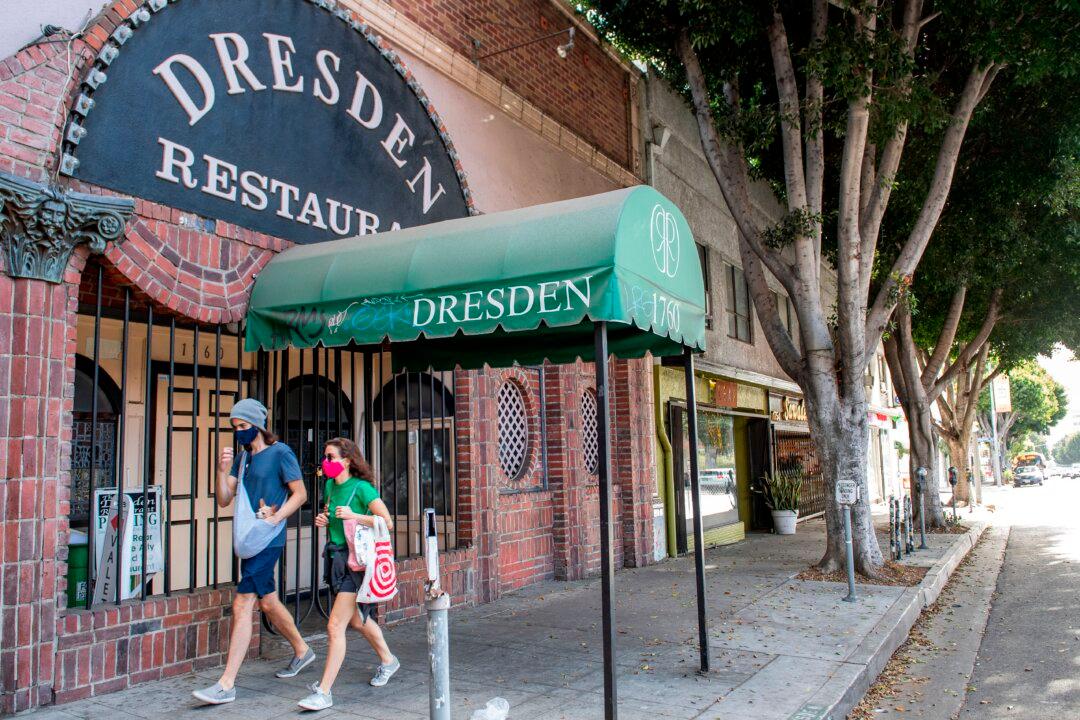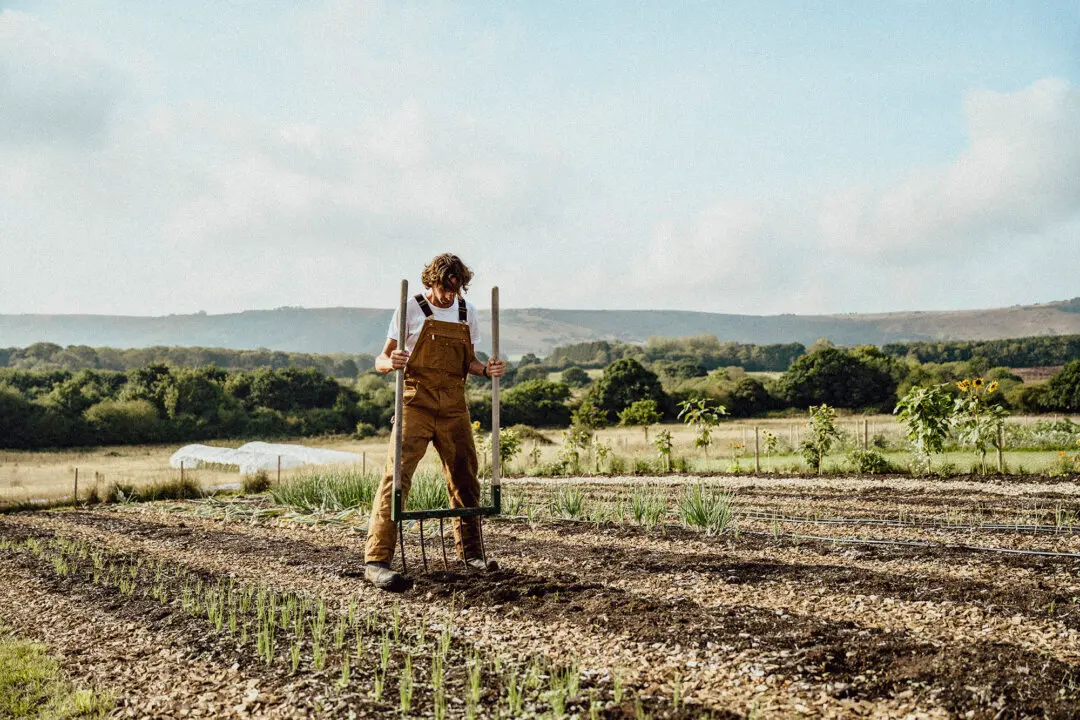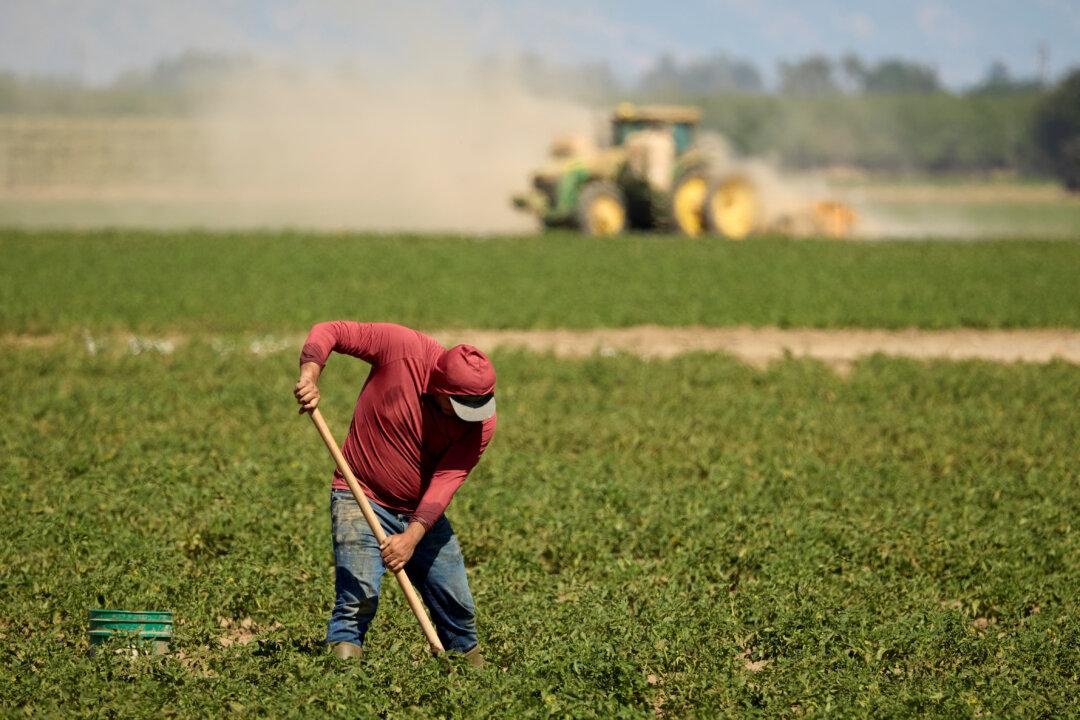Commentary
For 13 years, I poured my heart into Sage Regenerative Kitchen, my Los Angeles chain of five restaurants that employed 350 people and nourished communities with sustainable farm-to-table and local meals. By early 2020, I was poised to sell for $25 million, securing a legacy for my four young children.





